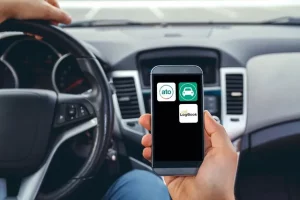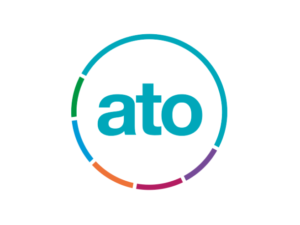As the end of March approaches, so does the conclusion of the Fringe Benefits Tax (FBT) year. With the Australian Taxation Office (ATO) predicted to scrutinise fringe benefits more closely, accurate documentation is more important than ever.
One of the most common benefits provided by businesses is the use of motor vehicles. Ensuring precise logbook and odometer readings is crucial to calculating FBT correctly and minimizing tax obligations.
FBT for Cars – Logbook vs. Statutory Formula
To determine the taxable value of a car fringe benefit, businesses can choose between two calculation methods:
- Operating Cost (Logbook) Method – This method requires a valid logbook to substantiate business vs. personal use. The logbook must cover a continuous 12-week period and be updated every five years.
- Statutory Formula Method – This simplified approach applies a flat percentage (20%) of the car’s base value, regardless of actual usage. This method may be preferable for vehicles with low business use, where the logbook method results in a higher FBT liability.
Fringe Benefits for Electric Vehicles
From 1 July 2022, certain electric vehicles (EVs) are exempt from FBT if they meet specific eligibility criteria. However, it remains essential to maintain accurate records of vehicle use. Even though these vehicles are exempt from FBT, businesses must still track fringe benefits for reporting purposes and ensure compliance with ATO regulations. More details on FBT exemptions for EVs can be found on the ATO website.
Which Logbook Method Should Your Business Use?
Businesses have the flexibility to choose the method that yields the lowest FBT liability each year. To ensure you’re using the most tax-effective method, we highly recommend reviewing your vehicle usage and consulting with our team.
Recommended Apps for Logbook Recording
Keeping an accurate logbook manually can be time-consuming, but technology makes it easier. Several mobile apps help automate and streamline logbook tracking, ensuring compliance with ATO regulations. Some popular options include:
- ATO MyDeductions App – A free tool provided by the ATO for tracking business-related vehicle use.
- Driversnote – A GPS-based logbook app that records trips automatically.
- GOFAR – Offers automatic tracking, expense reporting, and integration with accounting software.
Using these apps can help businesses and employees ensure accurate tracking and reduce the risk of FBT miscalculations.
How We Can Help
Calculating FBT liabilities can be complex. Our team will be reaching out to clients who have previously lodged FBT returns, but if you need guidance, we’re here to help.



